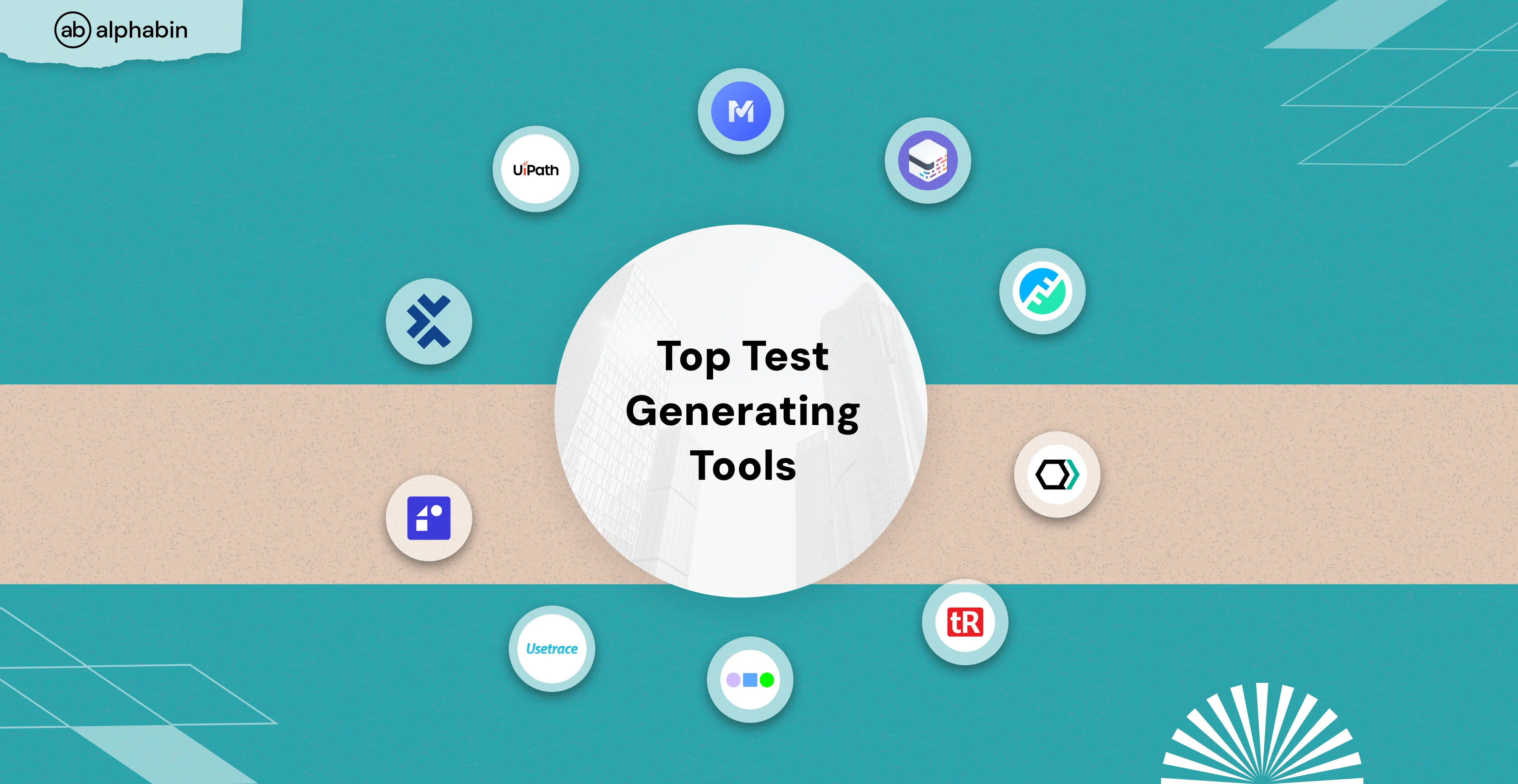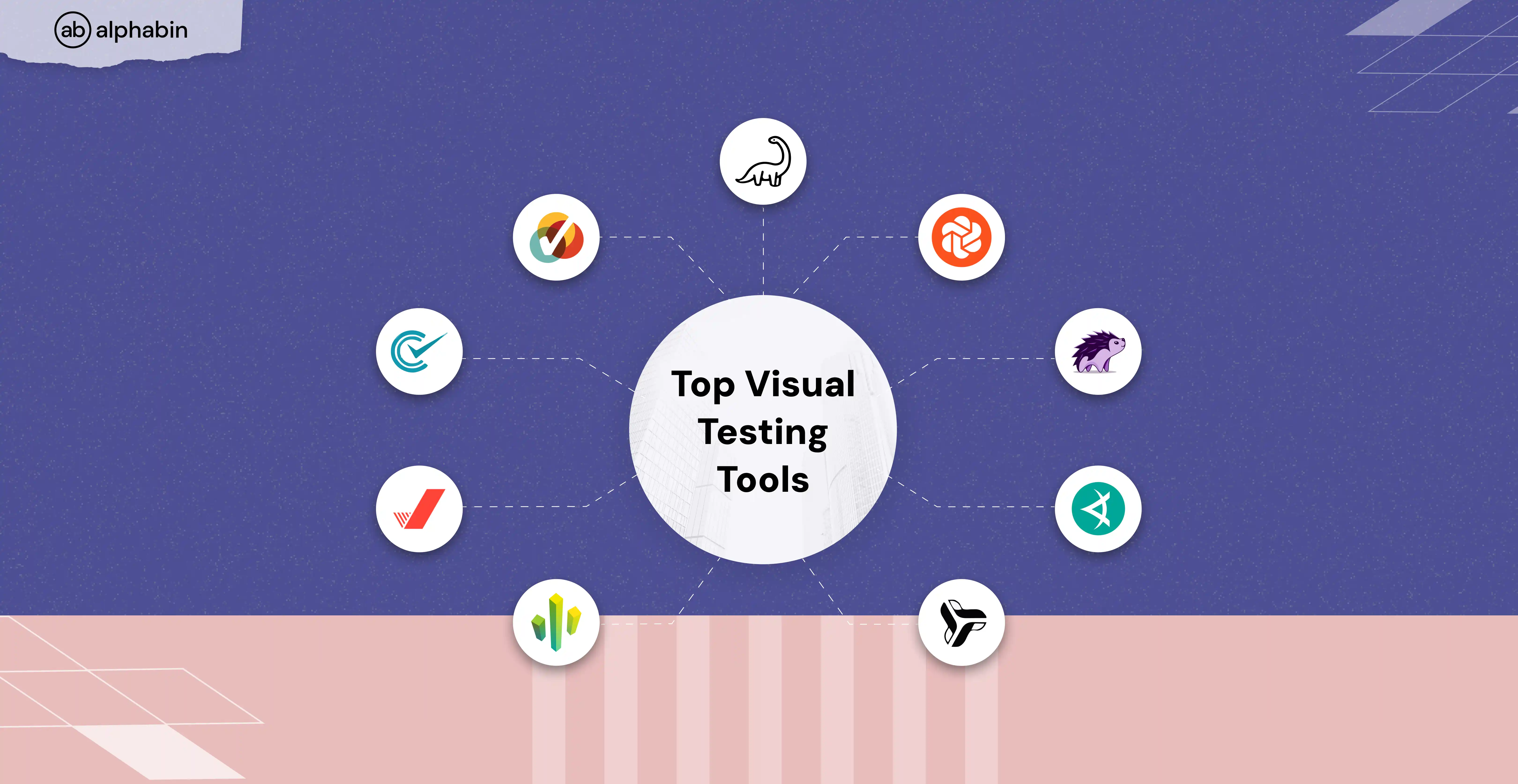A mid-sized healthcare clinic was suddenly hit with a staggering $2.3 million HIPAA violation penalty. Their mistake? Relying on software that lacked the proper safeguards to protect patient data.
Overnight, their reputation crumbled, patients lost trust, regulators stepped in, and the clinic faced years of financial and operational recovery.
In 2025, the stakes are even higher. The threat of cyber exposure evolves at a blinding pace, where even a technology stack fad suffers with one link misloaded in your tech stack, and sensitive health records can be exposed.
Choosing the right HIPAA compliant software is not only about compliance; it will also help ensure compliance, mitigate data security threats, decrease the chance of hefty fines, and work to reinforce the trust in your patients each and every day.
Understanding HIPAA Compliant Software
HIPAA compliant software automates and simplifies the process of achieving and maintaining HIPAA compliance, making compliance easier for healthcare organisations, allowing them to protect sensitive patient data while meeting federal regulations.
HIPAA compliant software neatly monitors, documents, and maintains an organisation's HIPAA compliance and replaces manual processes with efficient and orderly digital processes.
Covered entities, including healthcare professionals and healthcare providers, are organizations subject to HIPAA regulations and are responsible for safeguarding electronic Protected Health Information (ePHI).
Why you Need HIPAA compliant software in 2025
The way healthcare operates has changed, and so have the risks. Ensuring that every aspect of how your business operates aligns with HIPAA compliance standards and your policies and procedures is now more critical than ever.
Here’s why HIPAA-compliant software is necessary:
- Telehealth growth: There has been a great surge in virtual care, with a 300% increase since 2020. With the increase in digital care, moving patient data around means more potential for security risk.
- High cost of breaches: According to reports, healthcare compliance software 2025 data breaches cost an average of $10.93 million, which is the most costly incident for all industries.
- Automation saves time: Without HIPAA compliance automation software, Teams face manual audits. Auditing manually takes hundreds of hours and introduces human error. The best HIPAA compliance tools automatically complete risk assessments and provide HIPAA compliance checklists, highlighting gaps in real time.
- Complex IT environments: Many clinics and hospitals are using multiple mobile devices and cloud apps, and incorporating third-party apps into their care efforts. Manually tracking compliance is essentially unmanageable, whereas compliance software makes it completely manageable.
- Protecting patient trust: Beyond fines, best HIPAA compliance tools reassure patients that their sensitive data is safe. Visible HIPAA compliance efforts, such as regularly assessing and improving compliance processes, help build and maintain patient trust.
{{cta-image}}
{{blog-cta-1}}
Top 5 HIPAA Compliant Software for 2025
1. Drata
Drata automates evidence collection and control monitoring so teams stay audit ready with less manual work.
It connects to your cloud stack and maps controls to HIPAA, SOC 2, and ISO in one place. The platform scales from startup to enterprise without adding process overhead.
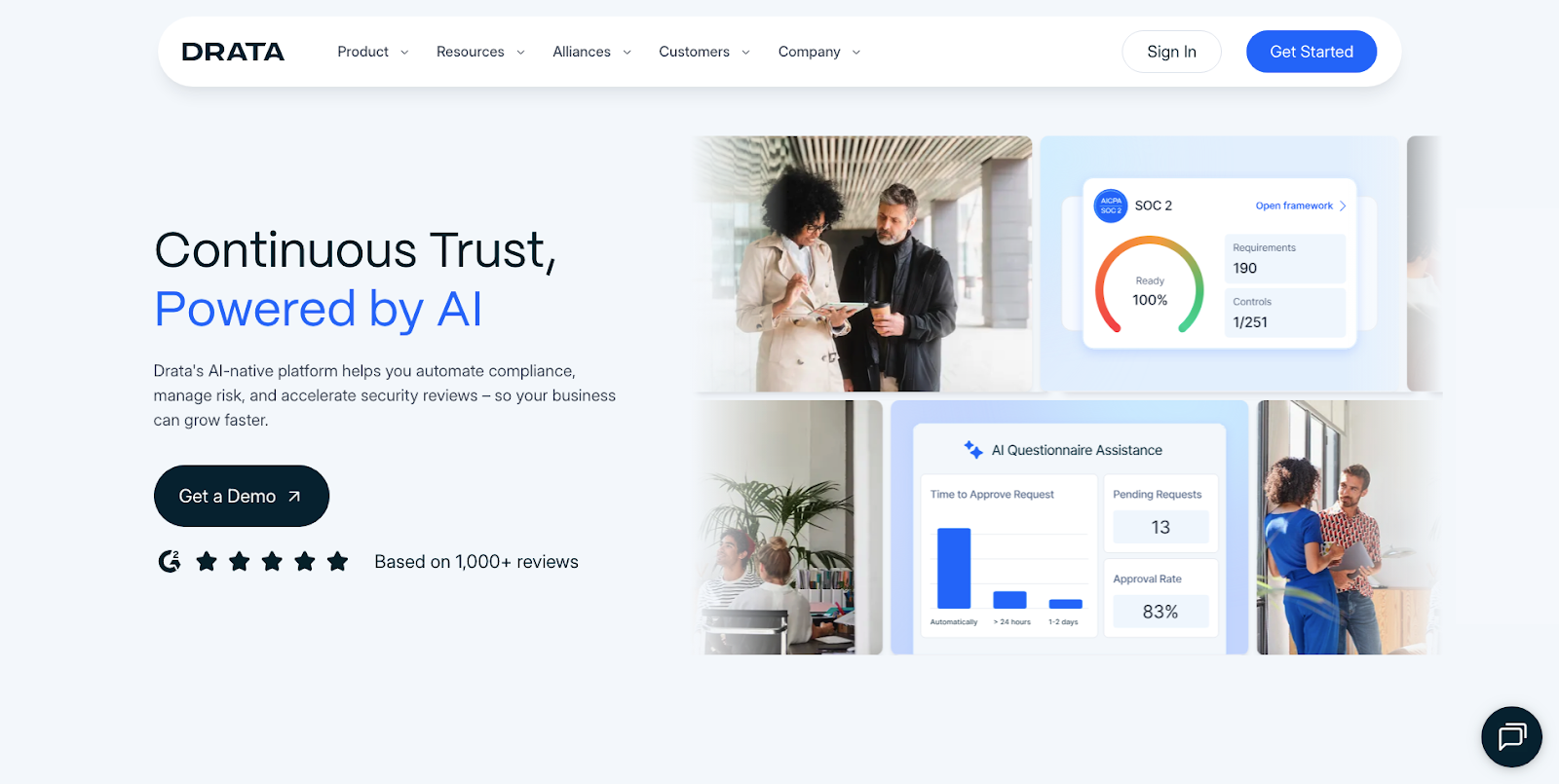
Key features
- Continuous monitoring across cloud and identity
- Automated evidence collection
- 100 plus integrations
- HIPAA audit readiness views
Best for
- Teams that want automation at scale
- Healthcare startups and enterprises with complex stacks
- Groups running multiple frameworks together
2. Hyperproof
Hyperproof focuses on risk and compliance within a single system, offering robust reporting. It gives leaders a single view of risks, controls, and tasks so audits move faster and with fewer surprises. Reporting for HIPAA is detailed and easy to share with auditors.
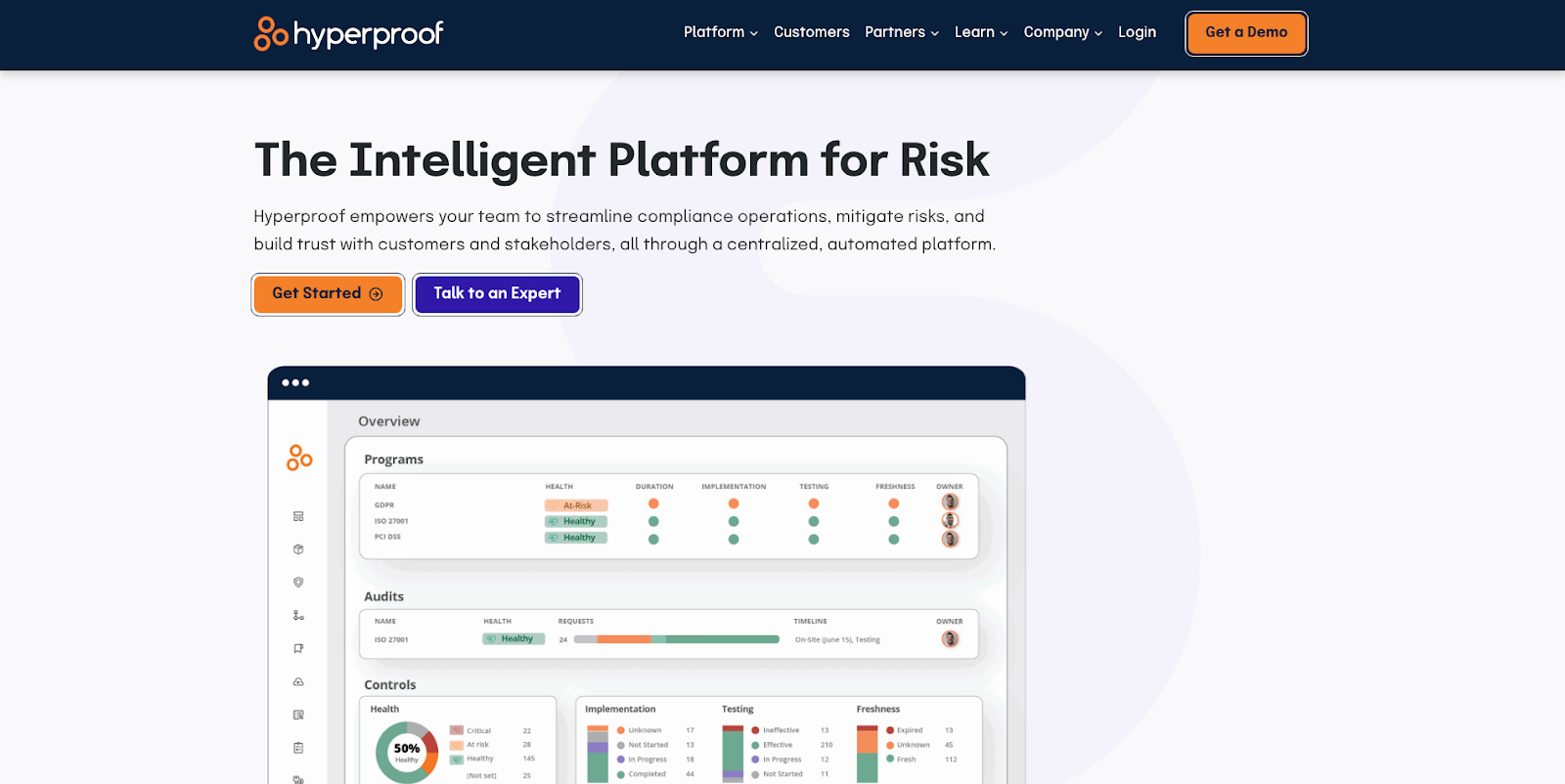
Key features
- Centralized compliance dashboard
- Risk register and vendor risk tracking
- Detailed audit trails
- Rich HIPAA reports
Best for
- Organizations that want deep risk management
- Teams that need strong reporting for executives and auditors
- Programs that coordinate many control owners
3. Sprinto
Sprinto is built for speed and simplicity. It helps fast growing teams reach HIPAA readiness quickly with guided controls and real time checks. The product favors clear tasks and automatic audits over heavy processes.
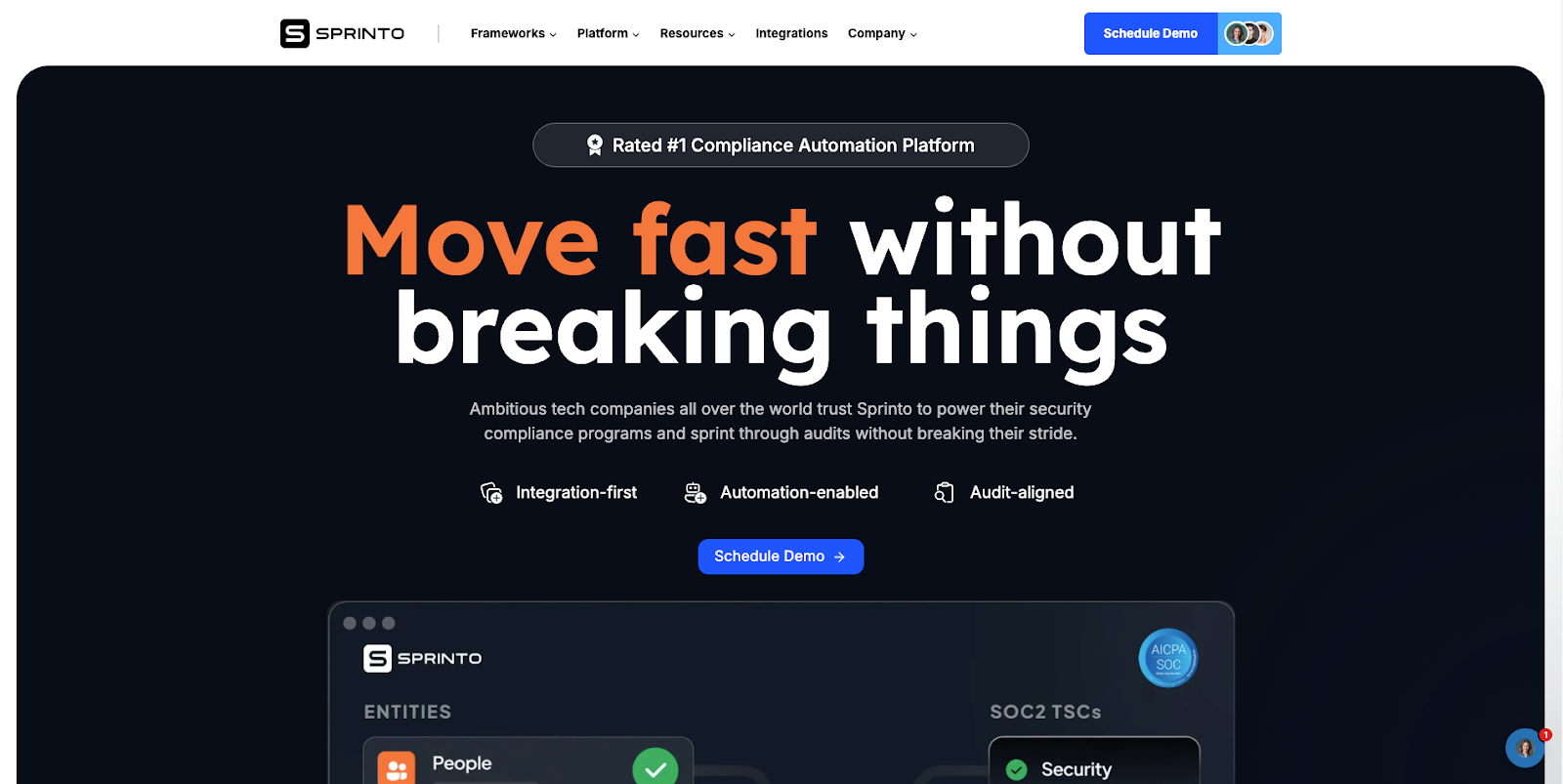
Key features
- Real time monitoring
- Automated controls with simple tasks
- Auditor ready reports
- HIPAA templates
Best for
- Fast moving companies that need quick readiness
- Small teams that want minimal manual work
- First time HIPAA programs
4. Scrut Automation
Scrut brings governance, risk, and compliance together for teams running multiple frameworks.
Policies, risks, and controls live in one place with automation that reduces duplicate work. HIPAA specific controls sit alongside SOC 2 and GDPR for full coverage.
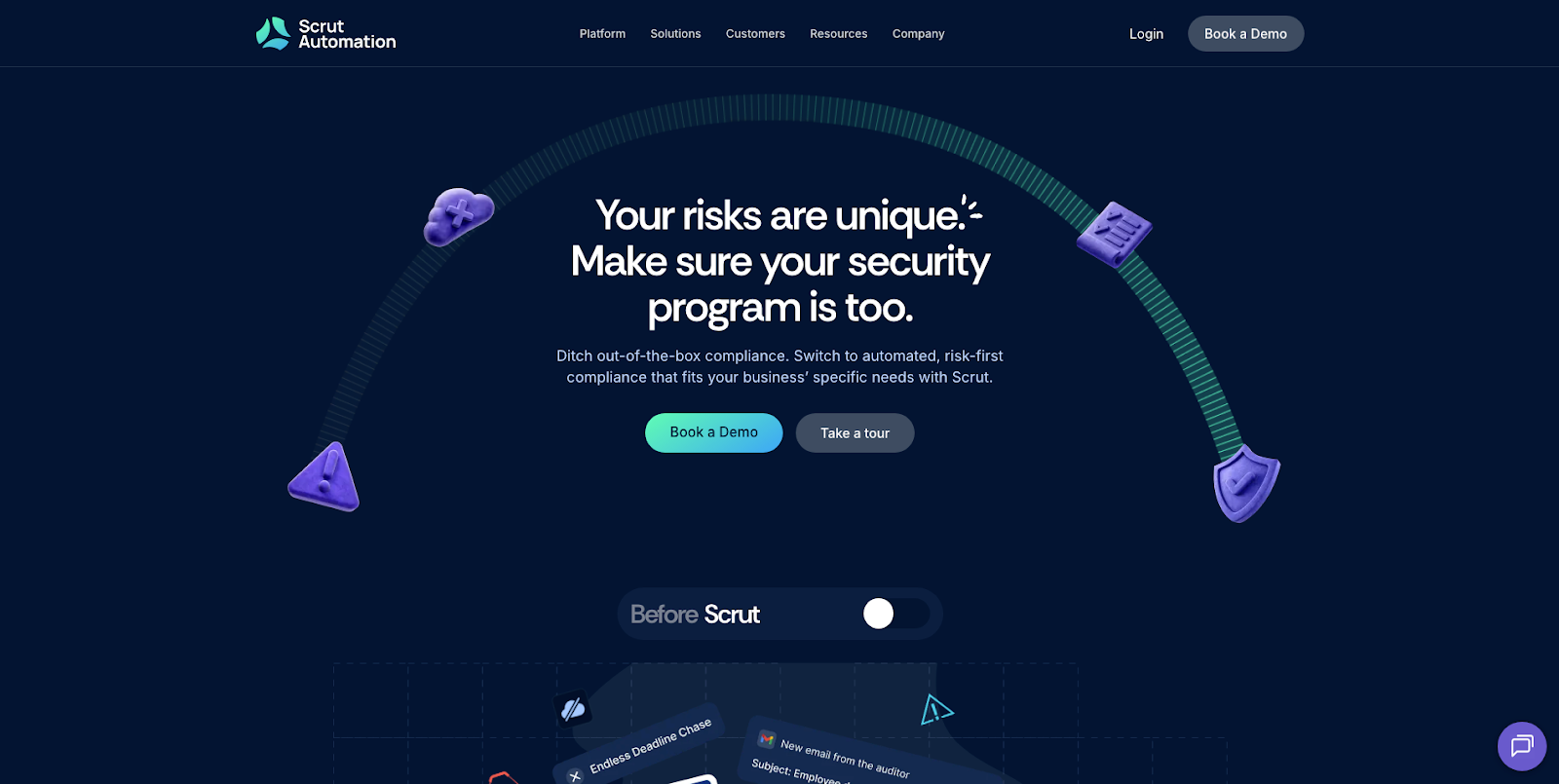
Key features
- Policy management
- HIPAA specific control library
- Automated risk assessments
- Continuous compliance monitoring
Best for
- Businesses managing HIPAA, SOC 2, and GDPR together
- Teams that want one system of record for GRC
- Programs that need reusable policies and controls
5. Compliancy Group
Compliancy Group is focused on HIPAA only with guided steps and hands on support.
It pairs software with training and coaching so clinics and providers can meet requirements with confidence. The approach is simple and very prescriptive.
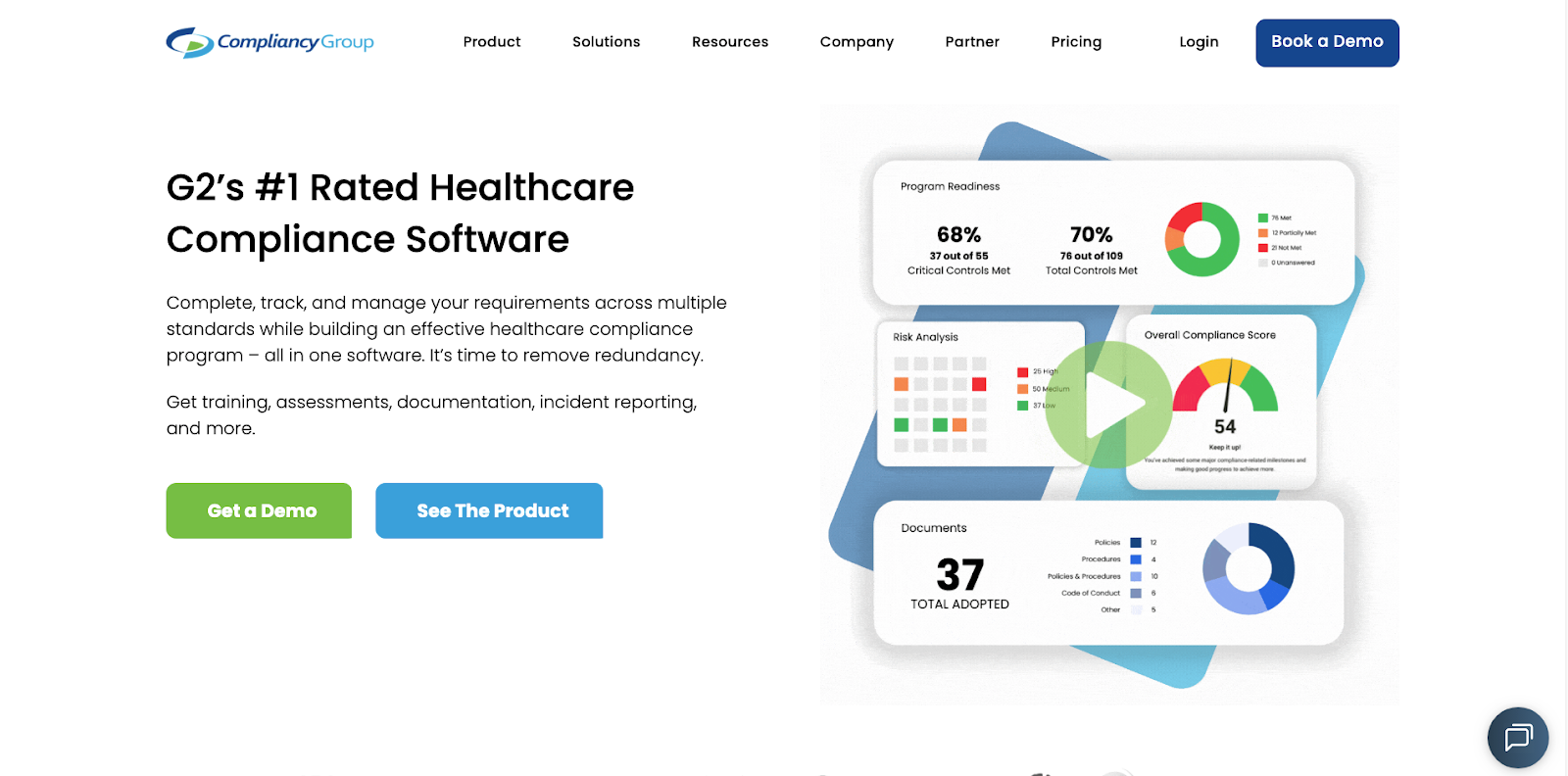
Key features
- Step by step HIPAA checklist
- Guided risk assessments
- Employee training modules
- Dedicated compliance coaches
Best for
- Clinics and providers that want HIPAA only
- Teams that prefer guided setup with support
- Organizations new to compliance programs
{{cta-image-second}}
Selection criteria and key features
Covered entities and business associates must implement administrative, physical, and technical safeguards to comply with HIPAA and protect PHI.
When evaluating HIPAA compliant software, it is important to consider the essential features that ensure effective compliance and robust data protection.
Key HIPAA compliant software features include:
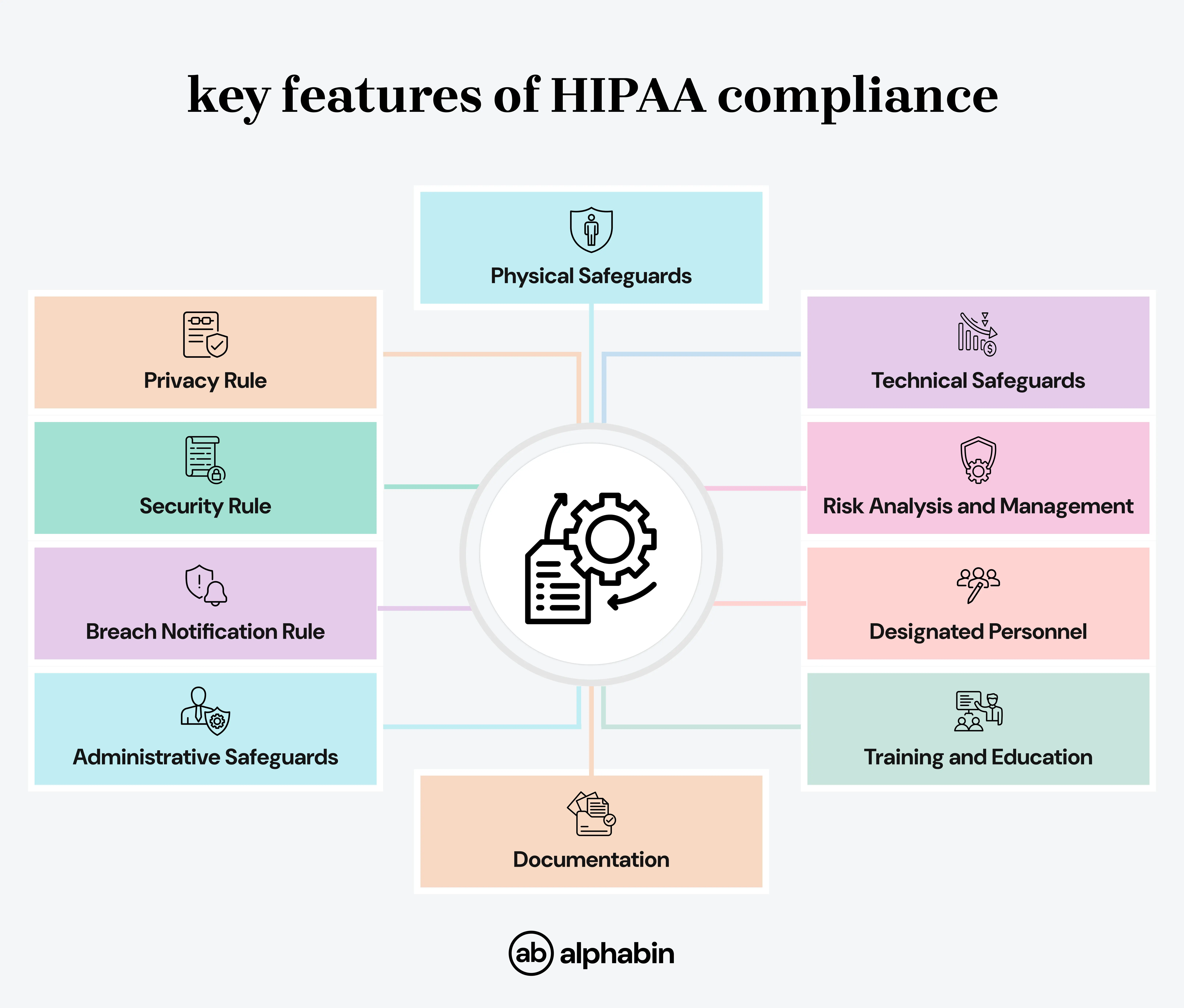
HIPAA Safeguards, Requirements and Pitfalls
{{cta-image-third}}
Conclusion
Choosing the right HIPAA-compliant software in 2025 is about more than ticking regulatory boxes, it’s about safeguarding patient trust, preventing costly breaches, and ensuring long-term success.
Compliance tools can help manage audits and workflows, but true security requires making sure your software, integrations, and systems are HIPAA-ready from end to end.
That's where Alphabin comes in. We provide specialized testing in healthcare application testing and security validation, helping organisations in identifying compliance weaknesses, improving data protection, and enabling operations for the future.
When you have a trusted partner, compliance is no longer your problem but a strategic advantage providing automated tasks, lower risk, and letting your teams focus on what is most important - patients.
Get started with Alphabin today and strengthen your HIPAA-compliance with trusted QA and security testing.
FAQs
1. How much does HIPAA compliant software typically cost?
Pricing ranges from $25 to $18,000 annually depending on organization size, features needed, and number of users.
2. How long does it take to implement HIPAA compliant software?
Implementation times vary from 1-5 weeks, depending on the level of complexity of the organization and the platform you select.
3. What kind of results will Alphabin give us?
We provide clear reports, risk findings, and recommendations. These can be used as evidence for auditors, compliance officers, or management.
4. Can HIPAA compliant software prevent all data breaches?
No software can prevent 100% of your risk of breach, however, the appropriate software tools would reduce the risk of breach by 90%+ with continuous monitoring and automatic safeguards.



.svg)



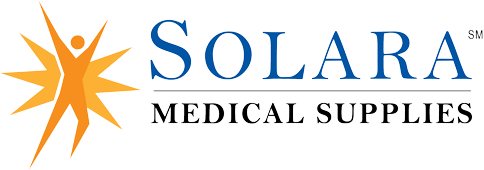






%20(1).webp)
